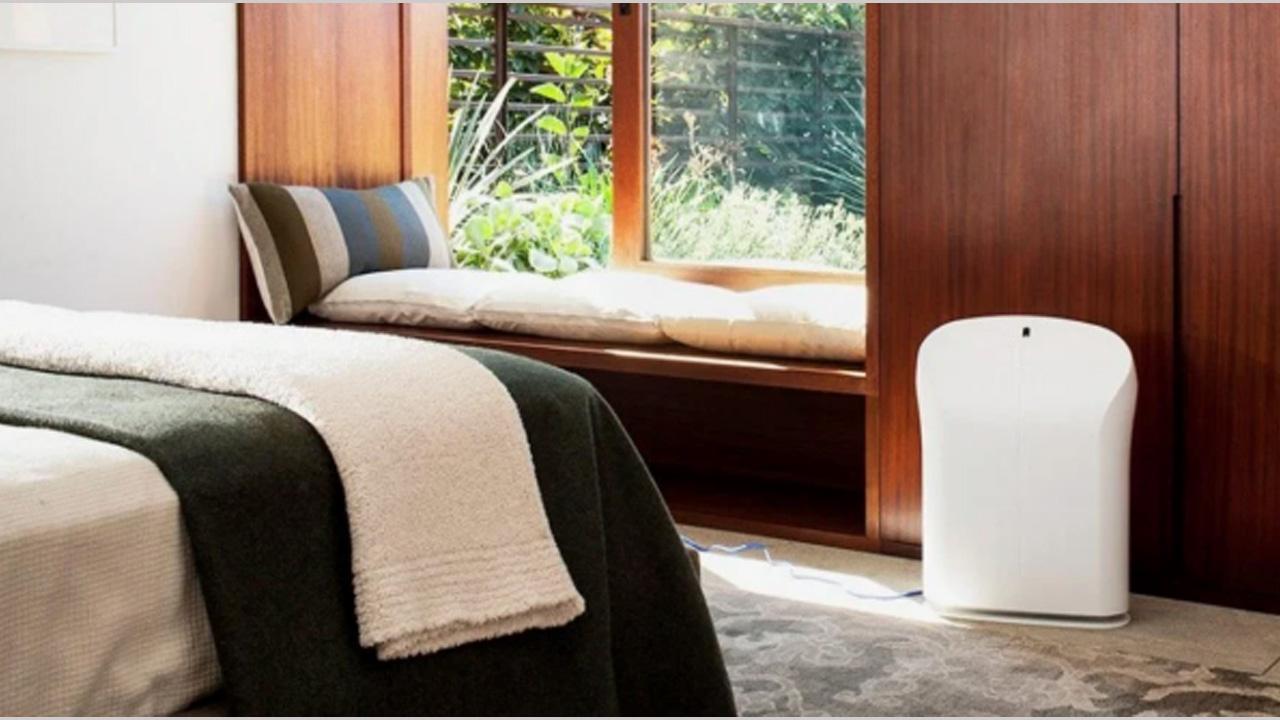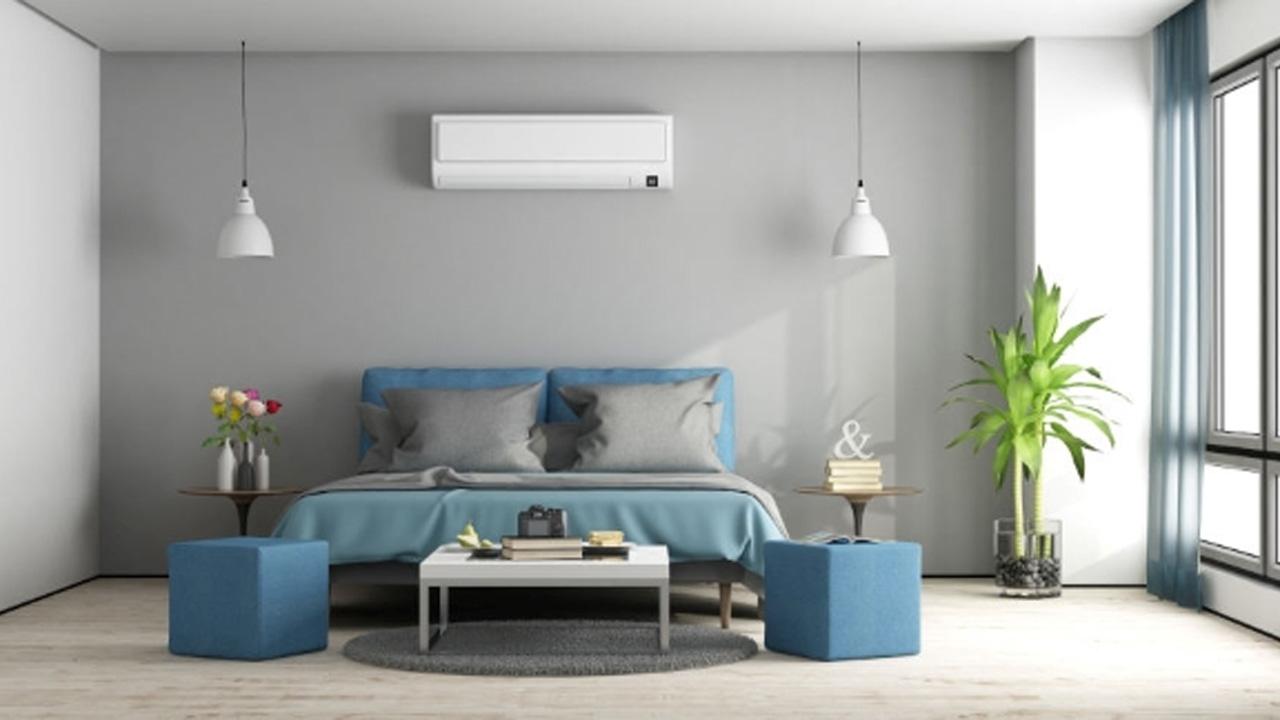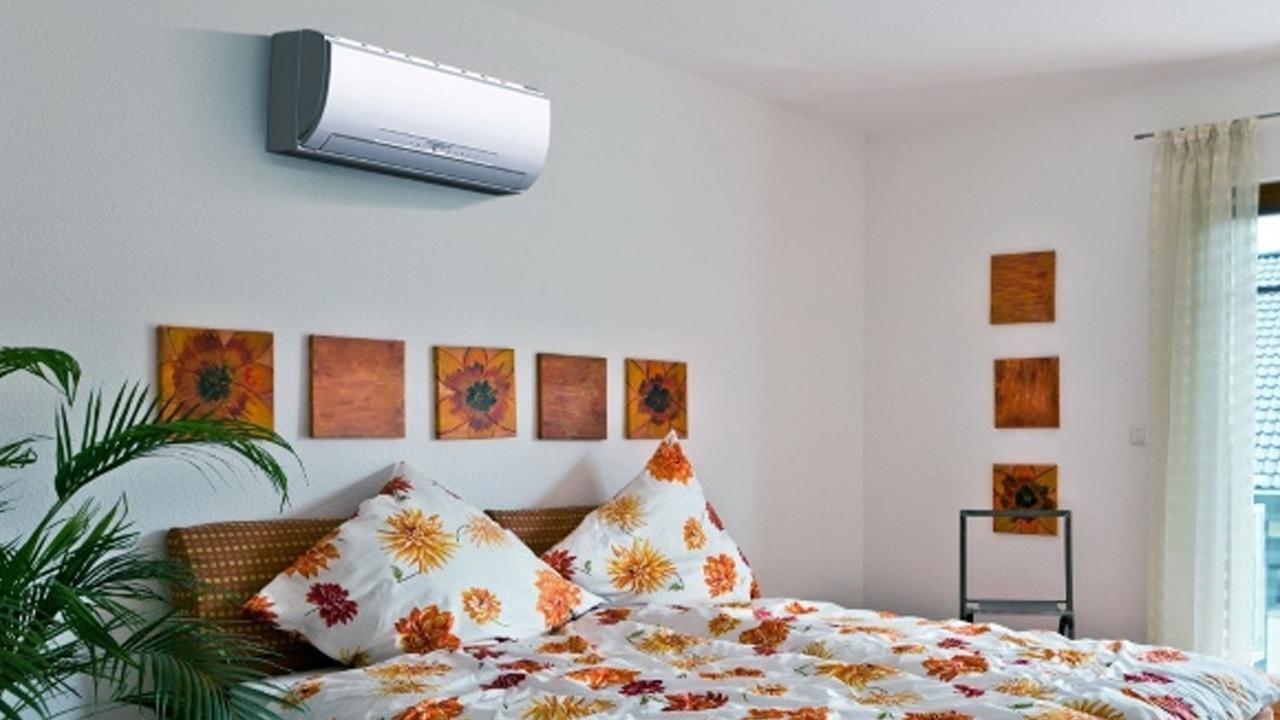Explore how air purifiers and air conditioners aid in managing allergies and asthma. Learn selection tips and maintenance for an allergen-free home.

ADVERTISEMENT
Allergies and asthma are increasingly common conditions that significantly impact many people's lives. Individuals dealing with these challenges often struggle to manage their symptoms, which can be triggered by various allergens and irritants in their surroundings.
Air purifiers and air conditioners have emerged as essential solutions to ease discomfort and improve the quality of life affected by these respiratory issues. This article will explore how these appliances can help tackle allergies and asthma while creating a healthier indoor environment conducive to well-being.
Understanding Allergies and Asthma
Allergies and asthma are increasingly prevalent conditions affecting people worldwide. Allergies are adverse immune system reactions to substances known as allergens. These triggers include pollen, dust mites, pet dander, and mold, among others. In contrast, asthma is a chronic respiratory condition characterized by inflammation and airways constriction, often causing difficulty breathing, wheezing, and coughing. Although the exact triggers for asthma can vary, allergens and environmental irritants, such as tobacco smoke and smog, are known to aggravate asthma symptoms.
Various allergens and environmental factors can worsen symptoms for allergy and asthma sufferers. Dust mites and mold, omnipresent in indoor environments, are common triggers for both conditions. Other allergens in the immediate surroundings, like pet dander, can also exacerbate symptoms. Consequently, dealing with these allergens is vital in managing these conditions effectively.
Maintaining good indoor air quality is critical for alleviating allergy and asthma symptoms. By keeping allergen and irritant levels as low as possible, individuals can minimize exposure to these triggers, thereby reducing the likelihood and severity of flare-ups.
An essential part of controlling allergen levels is regular cleaning and dusting. Additionally, proper ventilation can help reduce humidity levels, discouraging mold growth and creating a healthier environment.
Air purifiers and air conditioners contribute significantly to improving indoor air quality. Air purifiers work by filtering the air to remove pollutants and allergens, while air conditioners help maintain optimal indoor temperature and humidity levels.
By understanding the nature of allergies and asthma and the common triggers, we can better appreciate the importance of these devices in promoting healthier living spaces for allergy and asthma sufferers.
How Air Purifiers Help in Combating Allergies and Asthma

Air purifiers serve as an effective weapon against allergens and pollutants that can trigger or worsen allergic or asthmatic conditions. The primary function of an air purifier is simple yet powerful; it circulates the air in a room and filters out harmful particles, thereby drastically improving indoor air quality.
The filtration process is achieved through various types of filters, each designed to capture different kinds of allergens and pollutants. Among the most common types of filters are High-Efficiency Particulate Air (HEPA) filters and activated carbon filters.
HEPA filters are particularly effective in trapping tiny particles like dust mites, pollen, and pet dander. They are designed to capture 99.97% of particles that are 0.3 micrometers in diameter and are highly recommended for individuals with allergies or asthma.
On the other hand, activated carbon filters excel in absorbing gases and odors. They are beneficial in removing volatile organic compounds (VOCs) and chemicals from the air, which can irritate the respiratory system, making them a complementary filter to HEPA versions.
Selecting the right air purifier largely depends on an individual's specific needs and the types of irritants prevalent in their environment. For more detailed information on high-quality models and features to take into account when purchasing an air purifier, refer to the reviews of the best air purifiers. It provides a comprehensive guide to choosing the best purifiers available today, designed to cater to varying needs and preferences.
How Air Conditioners Help in Combating Allergies and Asthma

Air conditioners, often perceived merely as cooling devices, play a significant role in creating an environment conducive to allergy and asthma sufferers. More than providing a comfortable temperature, air conditioners also help maintain an ideal indoor humidity level, substantially affecting allergen levels in a home environment.
High humidity promotes the growth of harmful substances, such as mold spores and dust mites, which are typical triggers for allergic reactions and asthma attacks. By maintaining a stable indoor humidity level, typically suggested to be between 30-50%, air conditioners can help limit the proliferation of these allergens.
Moreover, air conditioners improve indoor air quality by fostering proper ventilation and air circulation. The constant air flow indirectly reduces the concentration of allergens and pollutants, leading to a healthier and safer breathing environment. By continuously replacing stagnated indoor air with filtered outdoor air, air conditioners can help dilute and lower allergen concentrations indoors.
However, not all air conditioning systems are created equal, and choosing one that fits your individual needs can significantly influence its effectiveness in combating allergies and asthma. There are nearly a dozen types of air conditioners with different features, energy efficiency, and maintenance requirements. Understanding them will enable you to make an informed decision best tailored to your needs.
Tips for Choosing the Right Air Purifier and Air Conditioner

Selecting the right air purifier and air conditioner can significantly aid allergy and asthma management. Here are some essential pointers to consider when purchasing these appliances:
Air Purifiers
- Filter Type: Ensure the air purifier has a High-Efficiency Particulate Air (HEPA) filter. HEPA filters are proven to capture 99.97% of small particles, including many common allergens.
- Size and Coverage: Choose an air purifier with a capacity that matches the size of the room where it will be used most often. A device can only be effective if it can handle the air volume within the space.
- Clean Air Delivery Rate (CADR): This measures how many particles an air purifier can filter and how fast it can. Higher CADR values mean the purifier can filter more air in less time.
- Noise Level: Air purifiers often need to run constantly to be effective so that noise can be a concern, especially in sleeping areas.
Air Conditioners
- Size: Buy an air conditioner with the right BTU for your space. An oversized air conditioner may not run long enough to dehumidify the air properly, while an undersized one may struggle to reach a comfortable temperature.
- Maintenance: Ensure your air conditioner is easy to maintain. Regular cleaning and filter replacement are crucial for keeping it effective.
- Energy Efficiency: Choose a unit with a high Energy Efficiency Ratio (EER) to save on power costs in the long run. It is crucial as air conditioners often must run continuously during the warmer months.
- Air Quality Features: Look for units with built-in air purifiers or enhanced filtration to help reduce allergens and irritants in the air.
Considering these key factors, allergy and asthma sufferers can make more informed choices that will best support their specific needs and create healthier indoor environments.
Additional Tips for Maintaining an Allergy- and Asthma-Friendly Home
Maintaining healthy air quality isn't solely about the right equipment; your habits can also significantly impact. Infrequent household cleaning, for instance, can lead to allergen accumulation, contributing to symptoms. However, avoid harsh cleaning chemicals that can irritate allergy and asthma sufferers - opt for mild, natural alternatives.
Here are a few simple tips for fostering an allergy- and asthma-friendly environment:
- Wash bedding in hot water on a regular basis to kill dust mites.
- If you have pets, restrict them to certain areas in the house to limit dander.
- Ensure regular filter changes and appliance maintenance to keep your systems performing optimally.
- Avoid smoking indoors, as it can exacerbate symptoms.
Wrap-up
In conclusion, both air purifiers and air conditioners play significant roles in supporting allergy and asthma sufferers. They help to filter out allergens, reduce irritants, and maintain a stable and comfortable indoor environment. While their functions differ, they collectively contribute to improved indoor air quality vital for those constantly exposed to allergens or irritants.
As equally important is maintaining a clean home environment with regular cleaning and habit adjustments to minimize allergen accumulation further. Remember, the primary goal is to create a healthier living space, thereby minimizing the risk and severity of allergy and asthma attacks for a better quality of life.
Disclaimer: The views and opinions expressed in this sponsored article are those of the sponsor/author/agency and do not represent the stand and views of Mid-Day Group.Mid-Day Group disclaims any and all liability to any party, company or product for any direct, indirect, implied, punitive, special, incidental or consequential damages arising directly or indirectly from the use of this content.
 Subscribe today by clicking the link and stay updated with the latest news!" Click here!
Subscribe today by clicking the link and stay updated with the latest news!" Click here!









